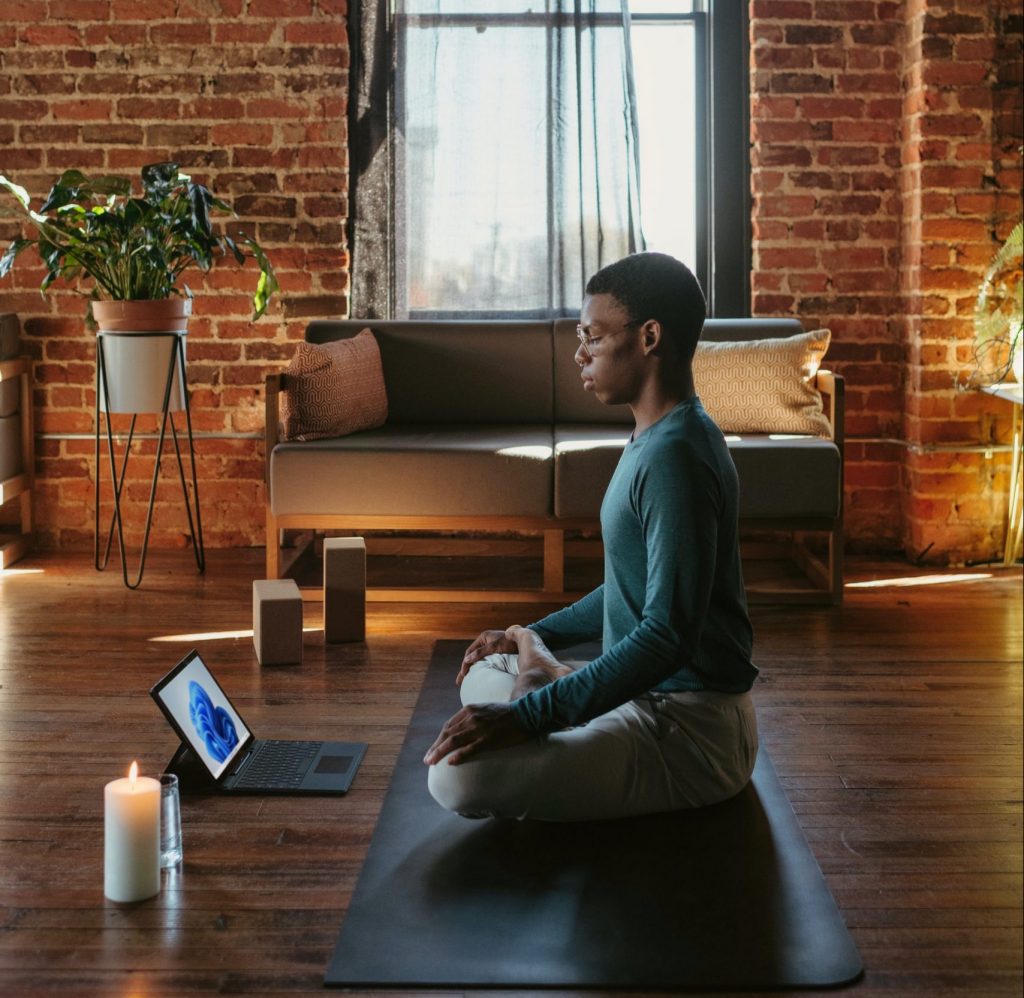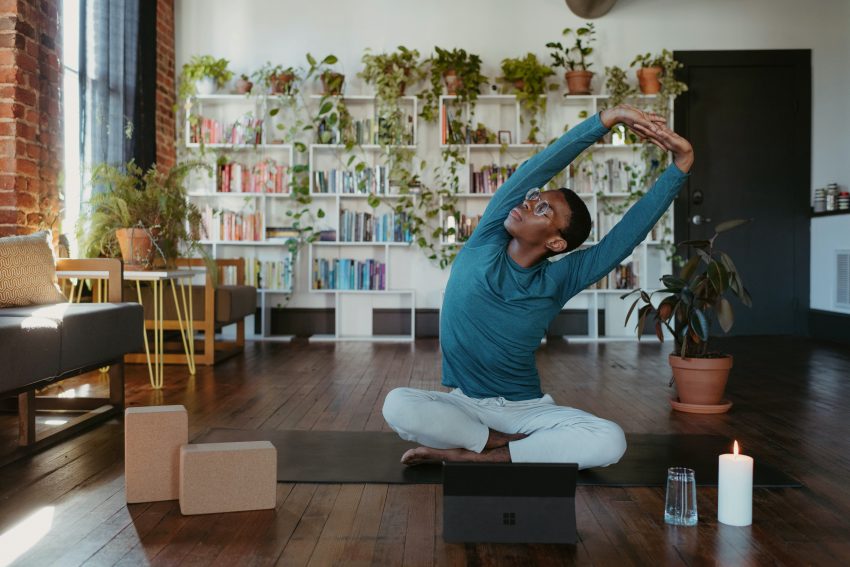Guest post by Joyce Wilson
Self-care has been a buzzword for several years now. It has been promoted by everyone from fitness experts and health professionals to marketers of various products and services. While the concept may carry different definitions depending on whom you ask, on a fundamental level, self-care entails caring for one’s physical, mental, and emotional wellbeing.
How we choose to care for ourselves may be customized to our unique desires but the end result should be good health. Ironically, while it is such a common term, most people often neglect self-care or engage in practices that stimulate short-term pleasure but are detrimental to long-term overall health.
If you’re ready to make a change, here are some tips from Willows Gold to help get you back on track toward living your best life!
What should self-care look like?
The goal of practicing self-care should be to improve different areas of our lives in different ways. This is achieved through providing adequate attention to one’s physical, psychological, and emotional needs. What counts as adequate attention varies from one person to another. As such, self-care encompasses a wide range of strategies. For one person it can mean getting enough sleep and for another, it can be cleaning the house.

According to the World Health Organization, self-care involves promoting health, preventing disease, and coping with disability or illness. This makes nutrition, hygiene, seeking medical care, and managing stressors key elements of self-care. A publication in BMC palliative care centers self-care on choices that promote general well-being and good health and strategies that deal with work stressors. A self-care framework published in the BMJ points out that interactions with clinicians and healthcare systems play an important role in self-care. Scheduling cancer screenings, getting vaccines, and taking prescription medication on schedule are self-care practices.
While there are many ways to define self-care, it is generally agreed upon that the steps you take to tend to your needs constitute self-care. It requires checking in with yourself constantly to find out how you are doing and determine how you can improve your situation. Self-care practices may differ from one person to another and they may change for you from time to time but the goal remains constant.
Self-care practices that work
The following self-care practices are associated with mental health benefits:
- Getting enough sleep

Getting enough sleep has physical and mental health benefits. You should get at least 7 hours of sleep per night. Too little or too much of it can cause major health issues and even early death. Reducing stress and distractions is key to getting a good night’s sleep.
- Regular exercise
Make exercise a part of your daily self-care routine. It can boost your mood and improve your physical and mental health. Exercise doesn’t have to be going to the gym. It can be engaging in fun physical activities such as walking, yoga, or playing a sport. Create a routine that works for you.
- Eating right
The foods you eat impact the nature of the bacteria in your stomach. The health of your gut directly impacts your health and well-being. Unhealthy foods also contribute to weight gain and lifestyle diseases such as diabetes.
- Learning to say no
The pressure to say yes to our loved ones or bosses can feel inescapable. It often leads to anxiety, burnout, and irritability. Learning to say no is a form of self-care. It may take some practice but once mastered, it can boost your self-confidence significantly.
- Destress and declutter
Everyone needs a space to relax and unwind after a hard day. When your home is filled with clutter and stress, though, you can’t get the relaxation you both need and deserve. That’s why it’s worth taking the time to transform your home into a kind of positive oasis, free of negativity, self-criticism, and clutter. Let your home be a place where you can be yourself and catch your breath. That way, you can recharge and have the energy you need to face the next day’s challenges.

- Meditate
Meditation has been shown to have tremendous mental health benefits since it alleviates anxiety and depression. It is also linked to preventing heart disease, high blood pressure, asthma, chronic pain, and even cancer. You can practice deep breathing, visualization, repeating a mantra, or mindful meditation.
How to start a self-care routine
Self-care begins with recognizing your need for it. Next is adopting a self-care routine that works for you. Here is how you do it.
- Find out what works for you
When it comes to self-care, there is no one-size-fits-all. Different practices appeal to different people. You need to find out what works for you and avoid what you dislike even if it works for someone else. Start by writing down activities that bring you joy and that you can look forward to at the end of a long day. You can experiment with different things until you settle on one that you can commit to.
- Create a schedule

You should make time to take care of yourself. Make it a non-reschedulable appointment with yourself and make it official. Planning ahead for it makes it easier to practice. Start small and set goals that you can work towards until it becomes a habit that you can stick with.
- Keep it simple
Simplify your self-care routine by adjusting your mindset around it. You need to think of it as a necessary part of your daily life rather than a chore that you must accomplish. Remember that the point of self-care is to help you feel better so it shouldn’t be costly, lengthy, or complicated.
- Remain flexible
Play around with your self-care routine by adjusting your activities as long as you achieve your goals. You should always choose what works best at any particular time.
Final thoughts
Prioritizing self-care has numerous mental health benefits. It provides a reprieve from life stressors and improves cognitive function. It can help in managing mental health issues like depression and anxiety and prevent them from getting worse. While it may seem like a selfish luxury, it is nothing but. Self-care allows you to heal and refuel so that you can focus on pursuing the things that matter to you.

-Joyce Wilson is a retired teacher and enjoys sharing lesson plans, resources, and teaching tips on Teacher Spark.


It is so true that self-care is not “one size fits all”. Three strategies however, I think, are absolutely “non-negotiable” if you mean business. These are getting enough sleep, eating right and exercising regularly. Of course this would look different for everyone.
Stress has a great impact on the mental state and can cause overwhelm. Hence learning to say no, decluttering personal and work environments and taking control of how we spending our time goes a long way to keep stress at bay!
Thanks, Ceci